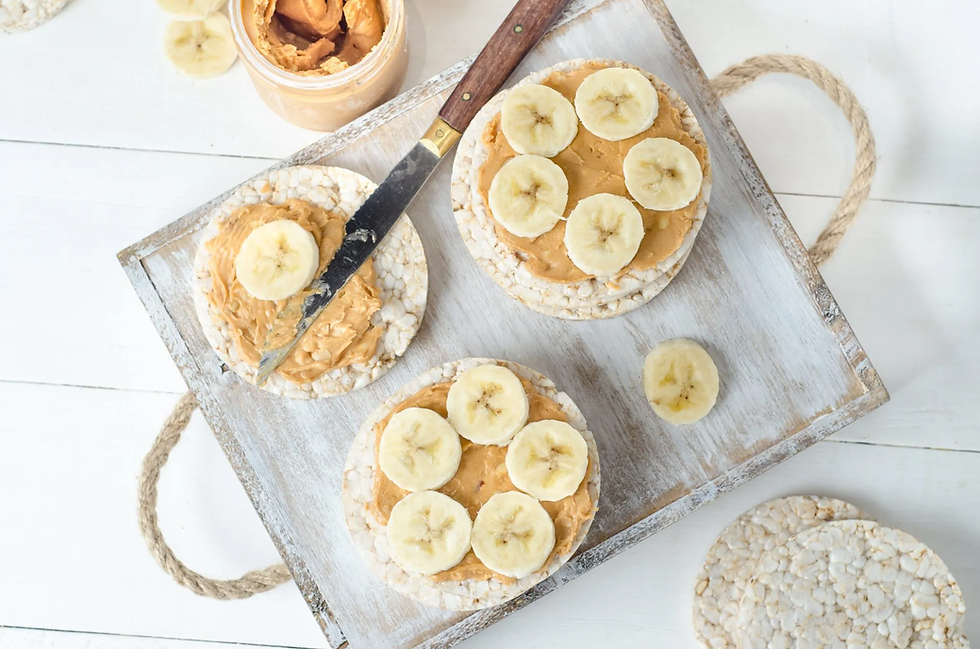Ridge Gourd
- Apr 19, 2024
- 2 min read
Updated: Jun 7, 2024
Ingredients:
1 medium sized Ridge gourd
50 grams of Moong dal
1-2 cup ration with water and rice
Peel ridge gourd, with seeds taken out and cutten in cubes
1 teaspoon coconut oil
1/4 teaspoon mustard seeds
1/4 medium sized onion, chopped into cubes
1/4 teaspoon turmeric powder
1/4 teaspoon red chilli powder
1/4 teaspoon coriander powder
1/4 teaspoon cumin powder
1/2 inch ginger
1/2 teaspoon salt
1/4 glass of water
2 tablespoon shredded coconut
Handful curry and coriander leaves
1/2 teaspoon lemon
Basmati rice (2 year old aged)
Note:
Can be replaced with any desired vegetable
Instructions:
Wash Moong dal
Soak rice in water and place on stove top for 15-20 minutes
Separately, peel vegetables, take out seeds, and cut into cubes
Add coconut oil, mustard seeds, onion, vegetables, turmeric powder, red chilli powder, coriander powder, cumin powder, ginger, salt, water, onto pan and cover lid
Cook for 5-7 minutes
Place soaked dal and two shredded coconut onto pan
Cook for 5 minutes
Cut curry leaves and coriander leaves and place in pot
Squeeze lemon
Add desired amount of ghee and salt and serve lentil/vegetable stew on the rice
Srinivasan, Vidya. Peerkangai Kootu | Ridge Gourd Dal. 22 July 2020. Traditionally Modern Food, https://traditionallymodernfood.com/peerkangai-kootu-ridge-gourd-dal/. Accessed 19 Apr. 2024.
Key facts:
High in cellulose, a natural dietary fiber and water
Helps preserve a healthy digestive tracts
Provides relief from constipation, restoring normal bowel movement
Reduces swelling of lymph glands
Contains flavonoids and phenolic compounds, which are various antioxidants
Allows harmful free radicals to be kept away from body cells
Radicals are unstable molecules that lead to aerobic stress, contributing to the development of chronic disease
Interaction between antioxidants and gut microbiota helps maintain homeostasis (on gut lining, which helps control inflammation)
Creates gut bacteria diversity
Increases bioactive metabolite production
Beneficial for people of lactose intolerance or sensitive to dairy products
Aids in the process to precent or relieve bloating
90% water content provides significant source of hydration, which can be used after physical activity to hydrate
Beneficial alkaline environment
Helps maintain thin respiratory secretion, which allows for easier expulsion of mucus
Anti-inflammatory properties help detoxify a possibly damaged liver
Used in Ayurveda for anti-inflammatory properties and to relieve respiratory symptoms
Minerals and Vitamins
Iron, magnesium, riboflavin, thiamine, potassium and zinc
Vitamin A and Vitamin C





Comments